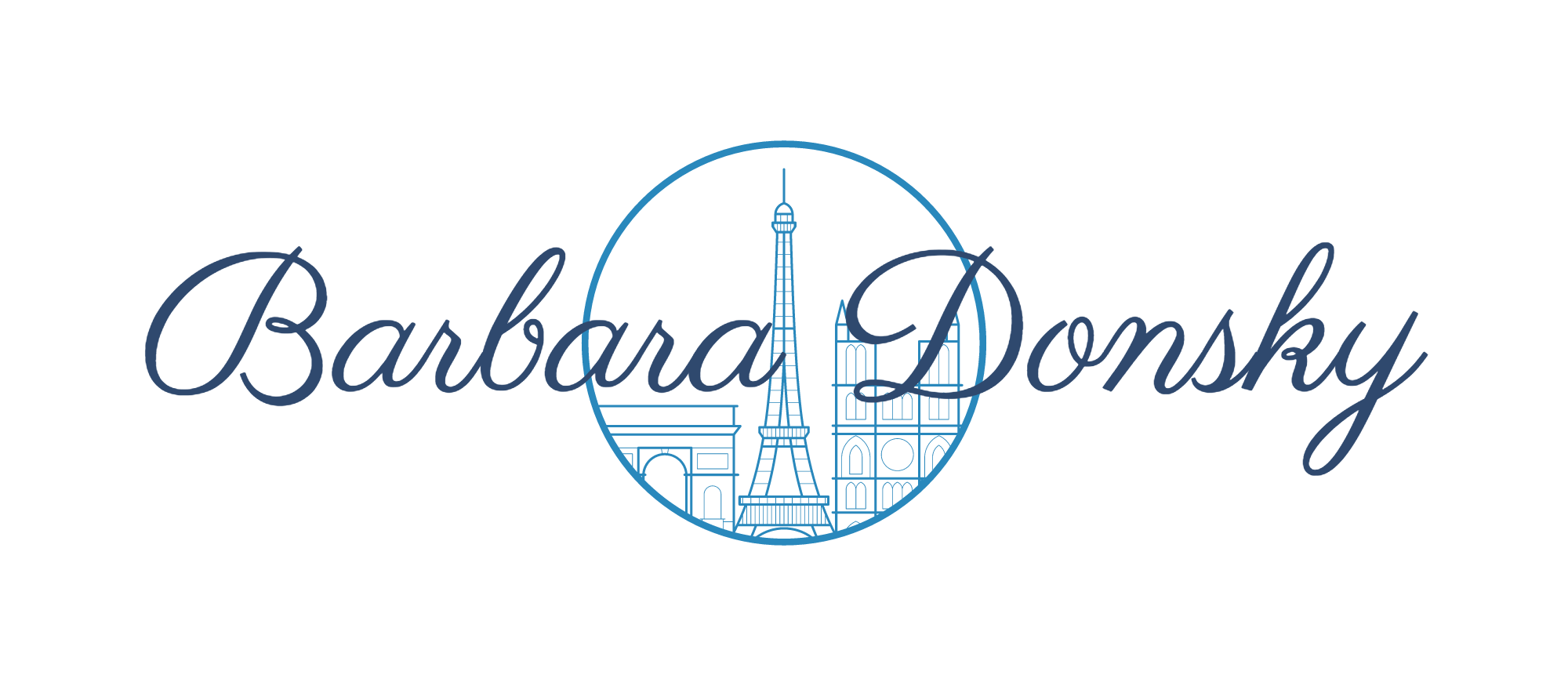Does the Past Define Us?
“The Past” (Le Passé)—Does the Past Define Us?
This week I have the great pleasure of hosting the author, film critic and my friend, the multi-talented Diana Y. Paul.
Born in Akron, Ohio, Diana is a graduate of Northwestern University, with a degree in psychology and philosophy, and of the University of Wisconsin–Madison, with a PhD in Buddhist Studies. Her debut novel, Things Unsaid (She Writes Press, 2015) has won the award for best New Adult Fiction from Beverly Hills Book Awards for 2016 and has been ranked #2 in the “Top 14 Books about Families Crazier Than Yours.” Recently, it has been nominated for a Pushcart Prize.
A former Stanford University professor, she is also the author of three books on Buddhism, one of which has been translated into Japanese and German (Women in Buddhism, University of California Press). Her short stories have appeared in a number of literary journals and she is currently working on a second novel, A Perfect Match.
To learn more about her and her work, visit her author website at http://www.dianaypaul.com and her blog on movies, art, and food at http://www.unhealedwound.com
And here, for your reading pleasure, is Diana's latest review, this of a French film: “The Past” (Le Passé)—Does the Past Define Us? She would love to hear from you, so do leave a comment.
THE PAST (LE PASSÉ) was nominated for the 2013 Cannes Film Festival Palme d'Or award, the Iranian entry for the Best Foreign Language Film Academy Award, and a Golden Globe. Directed and written by Asghar Farhadi of “A Separation” fame (winner of the 2011 Academy Award for Best Foreign Film).
Ahmad, an Iranian man (the remarkable Ali Mosaffa) deserted his French wife Marie Brisson (the sublime Bérénice Bejo of “The Artist”) and her two children from a previous marriage. Now living in Tehran, he is asked to return to Paris to finalize his divorce because Marie wishes to marry a third time—to Samir (played by Tahar Rahim) who has a young son, Fauod. In the opening scene Marie meets Ahmad at the airport, they embrace, and they run through the rain to their car. In the rear window Marie doesn’t have a clear view and she almost hits another vehicle. This small scene is symbolic of what follows: looking back at events in the past, and not getting a clear view of their meaning.
“The Past” is a a web of intrigue of Rashomon proportions. Everyone tells their version of the truth, but they do not explain everything, and the viewer is puzzled by intentions, motives, and history. As “The Past” unfolds, each character is imprisoned by his or her own version of the past. The past seems to dominate and destabilize, reminding us of our own mistakes and unintended consequences. Opportunities to move forward are constantly threatened by our back story.
“The Past” conveys Pedro Almodovar’s brilliant comprehension of women’s journeys: looking back at past turmoil without understanding how the past can define them if they let it. Here, in “The Past”, each female voice is counterpointed by an equally compelling male one, drawing us ever more deeply into understanding very flawed characters, involving shifting of point of view and perspective that we see in the very best novelists.
The mid-point of the drama hits a few speed bumps, but the plot twists command the viewer’s attention and the personal drama packs quite a punch with the impending day of reckoning for each character. The camera refuses to give us any relief even at the very end, when the most essential question of the drama is raised. "The Past" is an emotional head-spinning ride that won't leave anyone indifferent.
After reading Diana's review, I can hardly wait to see the film. But how do you feel about foreign films? Some movie-goers do not care to read along, I realize that, but when I'm reading the translation, I'm scarcely aware that I'm even doing so.
And that's all for this week, mes amis. Hope to see you next Sunday, when I'll have the coffee brewing.



